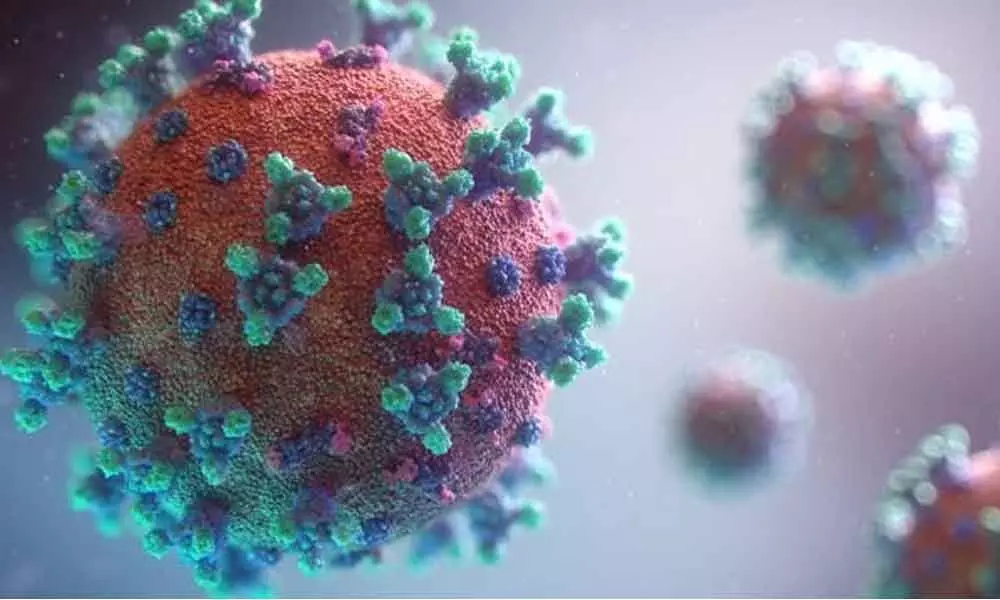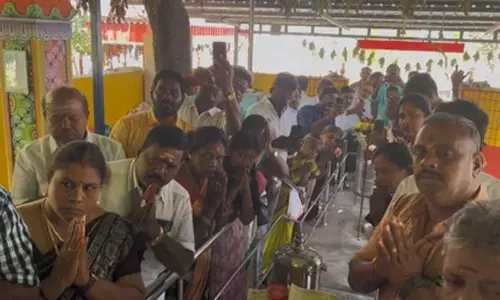Cure for Covid: Bharat Biotech to develop antibodies
 Bharat Biotech to develop antibodies
Bharat Biotech to develop antibodiesCity-based vaccine maker Bharat Biotech on Monday said a consortium led by it, embarked on a research project to develop human monoclonal antibodies as therapy for Covid-19 infections
Hyderabad: City-based vaccine maker Bharat Biotech on Monday said a consortium led by it, embarked on a research project to develop human monoclonal antibodies as therapy for Covid-19 infections.
The Council of Scientific and Industrial Research (CSIR) has sanctioned the project under its flagship programme NMITLI (New Millennium Indian Technology Leadership Initiative).
The programme brings together Pune-based National Centre for Cell Science (NCCS), and Indian Institute of Technology, Indore, and Gurgaon-based PredOmix Technologies, and Bharat Biotech in a collaborative mode for a public health emergency.
Although efforts are underway for the development of drugs and vaccines for controlling Covid-19, they are slow and expensive processes with uncertainties.
Therefore, an alternate therapeutic regimen for early deployment is critical, the vaccine maker said in the statement.
The project aims at such an alternate therapeutic regimen by generating highly effective and specific human monoclonal antibodies that can neutralise the SARS-CoV2 virus (novel coronavirus that triggers Covid-19) and such antibodies can block the spread of infection by binding to the virus and rendering it ineffective.
Monoclonal antibody therapy is a highly effective and safe method, it said. Krishna Ella, Chairman and Managing Director, Bharat Biotech, said: "The purpose of vaccination is to protect the healthy against future infections and it alone may not provide the complete solution".
We feel the monoclonal antibody therapy will provide a viable option. The question is of how to treat those individuals who are already infected?
Plus, we do not yet know how effective an anti-SARS-CoV2 vaccine will be in the elderly and those with co-morbidities.














